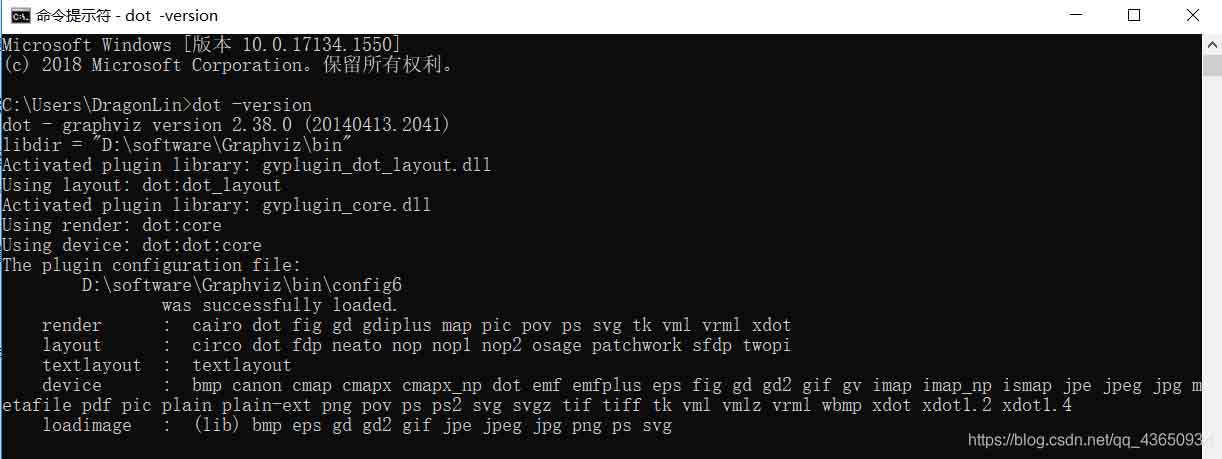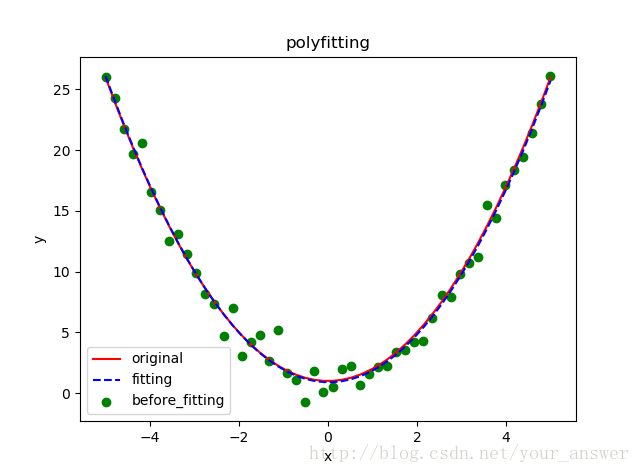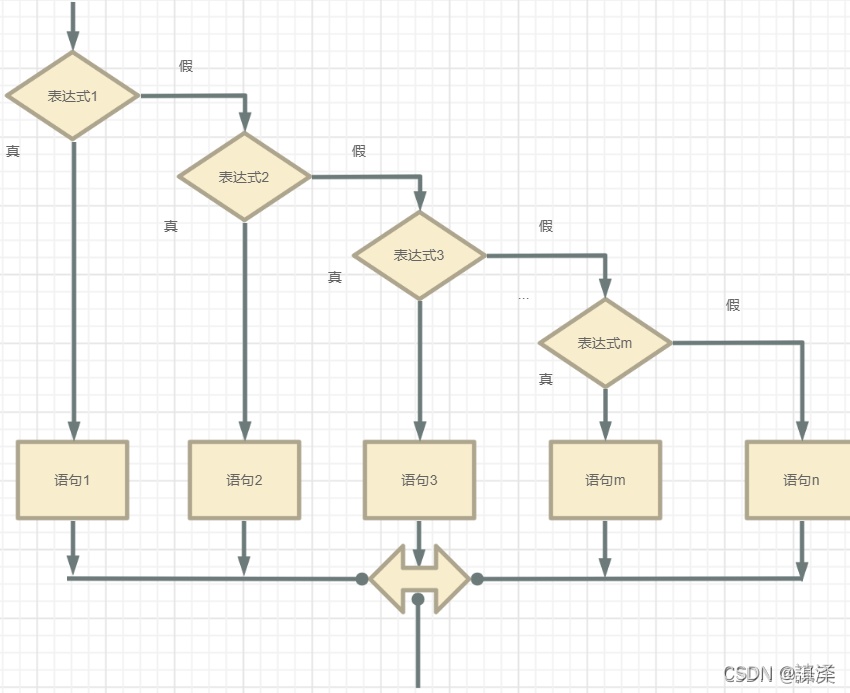前一节的例子只是简单的返回一个值。 很多时候设置一个模板变量而非返回值也很有用。 那样,模板作者就只能使用你的模板标签所设置的变量。
要在上下文中设置变量,在 render() 函数的context对象上使用字典赋值。 这里是一个修改过的 CurrentTimeNode ,其中设定了一个模板变量 current_time ,并没有返回它:
class CurrentTimeNode2(template.Node):
def __init__(self, format_string):
self.format_string = str(format_string)
def render(self, context):
now = datetime.datetime.now()
context['current_time'] = now.strftime(self.format_string)
return ''
(我们把创建函数do_current_time2和注册给current_time2模板标签的工作留作读者练习。)
注意 render() 返回了一个空字符串。 render() 应当总是返回一个字符串,所以如果模板标签只是要设置变量, render() 就应该返回一个空字符串。
你应该这样使用这个新版本的标签:
{% current_time2 "%Y-%M-%d %I:%M %p" %}
<p>The time is {{ current_time }}.</p>
但是 CurrentTimeNode2 有一个问题: 变量名 current_time 是硬编码的。 这意味着你必须确定你的模板在其它任何地方都不使用 {{ current_time }} ,因为 {% current_time2 %} 会盲目的覆盖该变量的值。
一种更简洁的方案是由模板标签来指定需要设定的变量的名称,就像这样:
{% get_current_time "%Y-%M-%d %I:%M %p" as my_current_time %}
<p>The current time is {{ my_current_time }}.</p>
为此,你需要重构编译函数和 Node 类,如下所示:
import re
class CurrentTimeNode3(template.Node):
def __init__(self, format_string, var_name):
self.format_string = str(format_string)
self.var_name = var_name
def render(self, context):
now = datetime.datetime.now()
context[self.var_name] = now.strftime(self.format_string)
return ''
def do_current_time(parser, token):
# This version uses a regular expression to parse tag contents.
try:
# Splitting by None == splitting by spaces.
tag_name, arg = token.contents.split(None, 1)
except ValueError:
msg = '%r tag requires arguments' % token.contents[0]
raise template.TemplateSyntaxError(msg)
m = re.search(r'(.*?) as (\w+)', arg)
if m:
fmt, var_name = m.groups()
else:
msg = '%r tag had invalid arguments' % tag_name
raise template.TemplateSyntaxError(msg)
if not (fmt[0] == fmt[-1] and fmt[0] in ('"', "'")):
msg = "%r tag's argument should be in quotes" % tag_name
raise template.TemplateSyntaxError(msg)
return CurrentTimeNode3(fmt[1:-1], var_name)
现在 do_current_time() 把格式字符串和变量名传递给 CurrentTimeNode3 。
本文在Django的上下文中设置变量的方法到此结束。如果爱里没有责任,爱就变得自私。如果爱里没有节制,爱就容易放纵。如果爱里没有平等,爱就变成一种施舍。如果爱里没有尊重,爱就变成一种专制。如果爱里没有喜乐,爱就不能成为真爱。如果爱不能光明正大,爱就是罪恶的化身。小编再次感谢大家对我们的支持!





